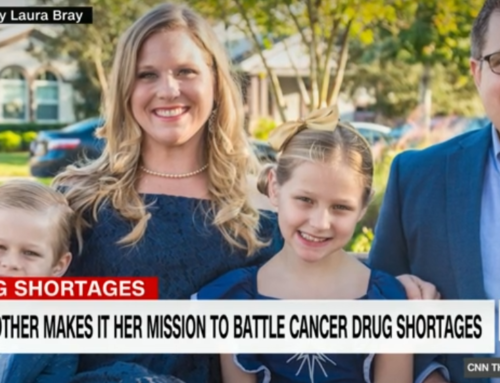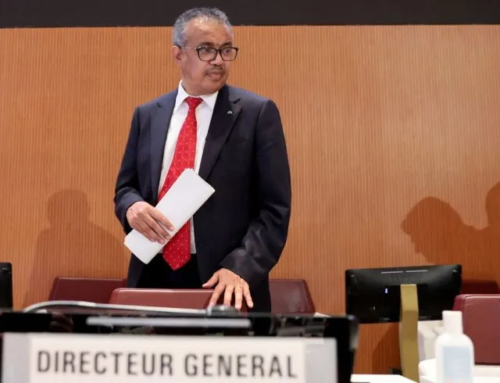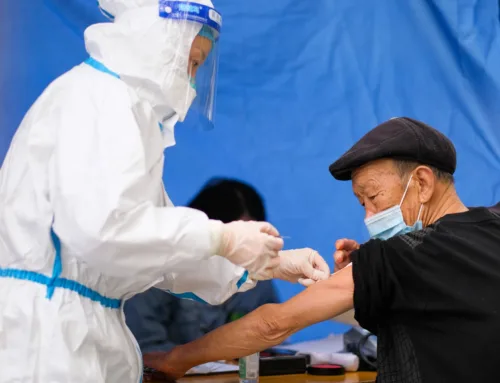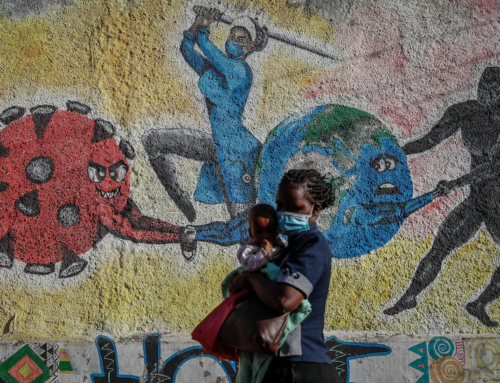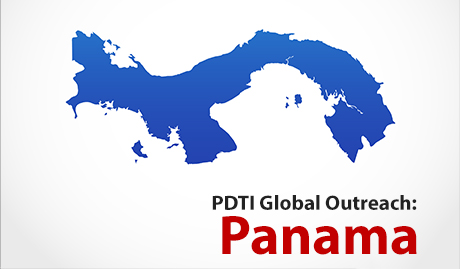
PDTi in Panama
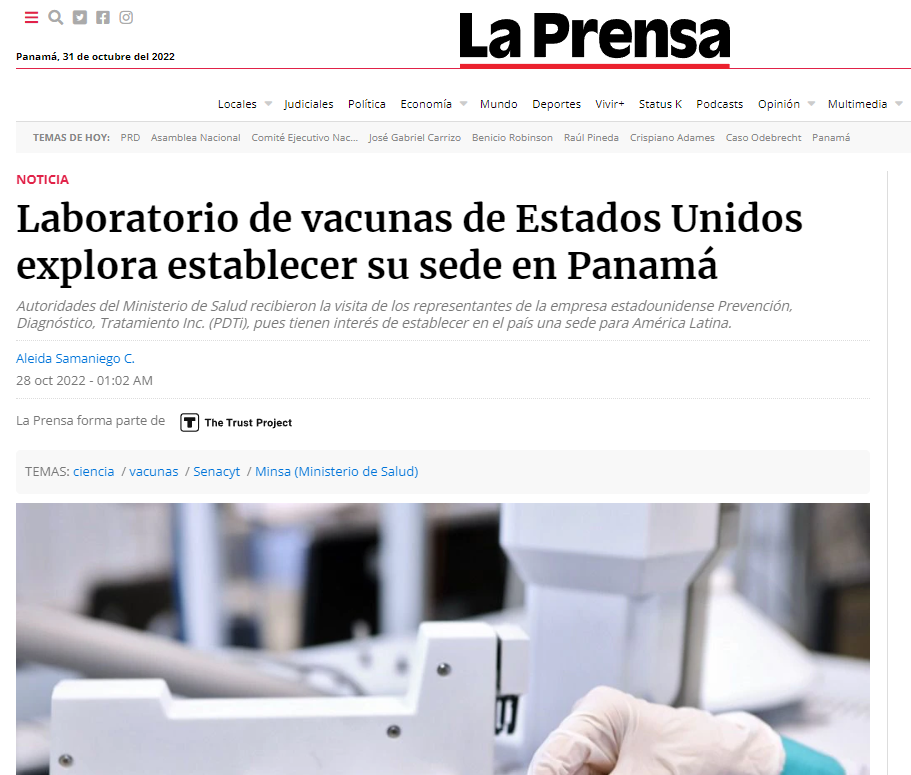
United States vaccine laboratory explores establishing its headquarters in Panama
Authorities from the Ministry of Health received a visit from representatives of the American company Prevention, Diagnosis, Treatment Inc. (PDTi), as they are interested in establishing a headquarters for Latin America in the country.
Date: October 28, 2022
Source: https://www.prensa.com/sociedad/laboratorio-de-vacunas-de-estados-unidos-explora-establecer-su-sede-en-panama/
Pharmaceutical companies producing medicines and vaccines are setting their sights on Panama for the installation of their production laboratories.
The last company that showed interest in establishing its headquarters in the country was the vaccine laboratory Prevention, Diagnosis, Treatment Inc. (PDTi), which is looking for a country to set up headquarters in Latin America.
The representatives of the laboratory held a rapprochement meeting with the authorities of the Ministry of Health (Minsa) on October 26, in order to learn about the regulations that govern Panama, to establish a laboratory and the facilities that the Government offers to companies interested in investing in the country.
The PDTi company describes itself on its website as a US-based global health company specializing in vaccines, antivirals and other innovative preventative treatment technologies.
In fact, the company was co-founded by the former director of the Centers for Disease Control and Prevention (CDC), Robert Redfield, and Yichen Lu, with whom he worked for more than 30 years in the development of vaccines and treatments. against human immunodeficiency virus (HIV) and acquired immunodeficiency syndrome (AIDS).
Redfield, a seasoned HIV researcher, served as director of the CDC from 2018 until President Donald Trump’s term ended in early 2021.
Among the company representatives who participated in the meeting was the company’s chief global strategist, Mitchell Wolfe, who worked for 21 years at the CDC.
While representing Panama, the director of International Affairs and Technical Cooperation of the Minsa, Thays Noriega; Ismael Dfaz, from the Pharmacy and Drugs Department; the adviser of the Superior Office, Alessandro Ganci, among others.
Eduardo Ortega Barrfa, National Secretary of Science, Technology and Innovation, who also participated in the meeting, indicated that they presented the project for the Regional Center for Vaccines and Biopharmaceuticals to the representatives of the PDTi company.
He added that the company showed interest in the project and established conversations to explore a collaboration since they consider that Panama is the ideal place to settle due to the logistical advantages and because the country has the vaccine and biopharmaceutical initiative underway.
The goal is for the two projects to cooperate with each other, so talks between the two parties are key, he said.
“There is a global interest in improving the availability of vaccines, especially for developing countries that allow for preparatory measures for a future pandemic,” he said.
For her part, the director of the Department of Pharmacology of the Faculty of Medicine of the University of Panama, Ivonne Torres Atencio, described that it is positive that the installation of a vaccine laboratory be explored as long as it is consistent with the local regulatory framework, transfer of technology and knowledge that benefits the science of our country.
“The idea of a pharmaceutical hub was to attract companies to the country, but it must be handled within a very important framework of scientific diplomacy,” he said.
The goal is a ‘hub’
Pharmaceutical companies from Colombia and Mexico, among other countries, have also shown interest in setting up a drug production plant in Panama.
Panama seeks to become a regional pharmaceutical hub to reduce medicine prices, generate new products and optimize the training of professionals from a technical and scientific point of view.
The former representative of the Pan American Health Organization (PAHO), Jorge Luis Prosperi, pointed out that promoting the local production of medicines should be a priority for our authorities, to help lower the price of medicines in pharmacies.
He added that medicines made in the country by private companies, the Social Security Fund or the Minsa are supposed to be cheap, since they should not be imported.
In Prosperi’s opinion, the success of local production depends directly on the application of so-called good manufacturing practices, in order to certify that all products meet the requirements of identity, concentration, safety and efficacy.
Related projects
Related Posts

